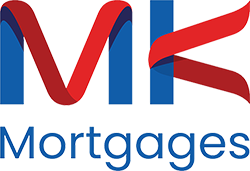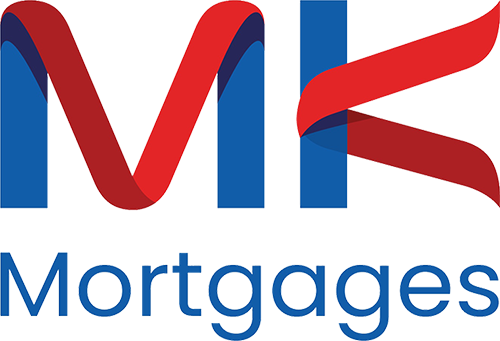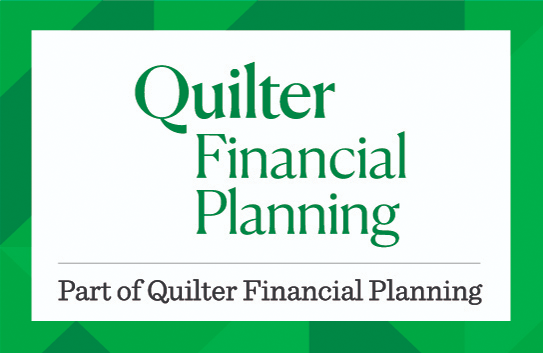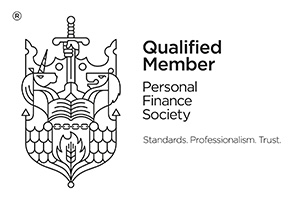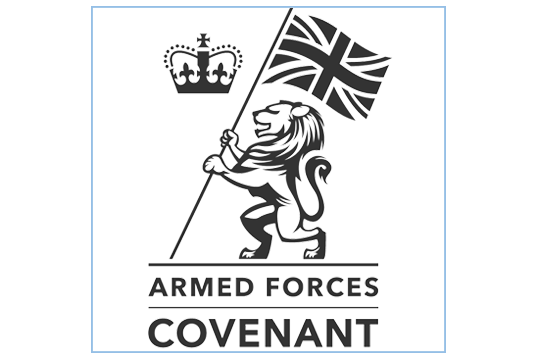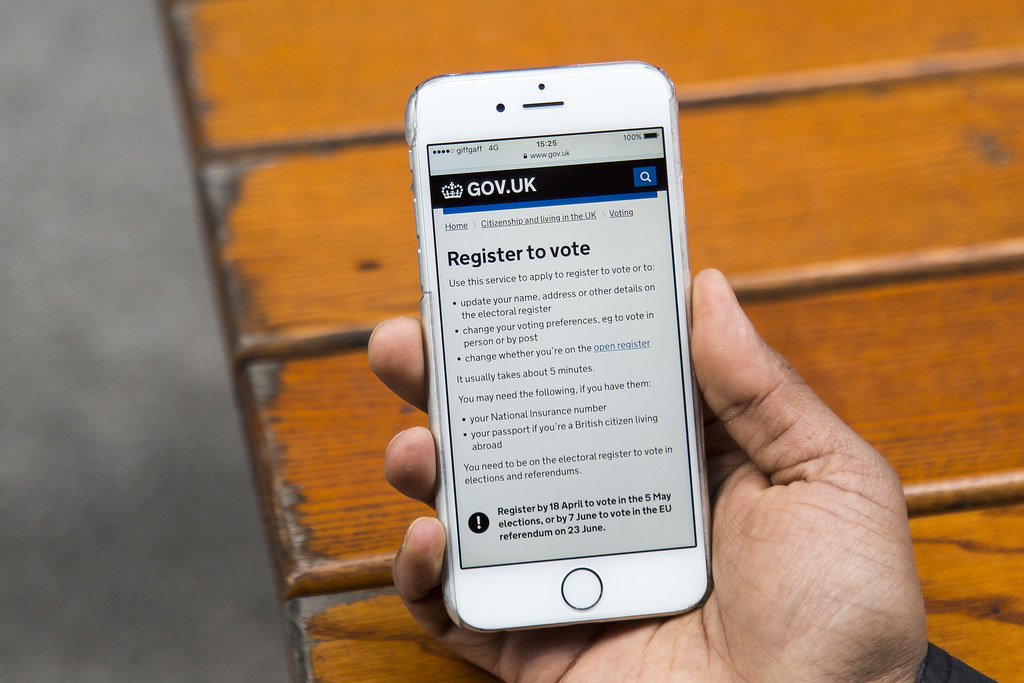
As you know, when it comes to applying for a mortgage, there are several key factors that lenders scrutinise to assess your eligibility and determine your loan terms. One often overlooked yet crucial aspect is being on the electoral register. You might wonder, what does being on the electoral register have to do with getting a mortgage? Well, more than you might think. In this article, we’ll delve into how being on the electoral register can significantly influence your mortgage application.
1. Proof of name and address
Being on the electoral register serves as a credible piece of evidence to verify your name and your current address. Lenders are required to verify the authenticity of your personal details to prevent fraud and ensure they’re lending to the right person. When you’re registered to vote, it’s a signal to lenders that you are who you say you are and that your provided address is accurate.
2. Improved creditworthiness
Your creditworthiness, often determined by your credit score* and credit history, plays a pivotal role in mortgage approval. Being on the electoral register can enhance your creditworthiness. Why? Because it helps establish a stable residential history. Lenders are more likely to view you favourably if they can see you’ve lived at the same address for a reasonable duration, indicating stability and reliability.
3. Verification of stability
Mortgage lenders value stability. They want to know that you have a consistent lifestyle and financial stability to make timely mortgage and other financial payments. Being on the electoral register demonstrates your commitment to your current residence and indirectly reflects your stability, making lenders more confident in your ability to fulfil your mortgage obligations.
4. Reduced risk of fraud
Lenders are always cautious about potential fraudulent applications. When you’re registered to vote, it helps lenders validate your information against an official database. This step is vital in preventing identity theft or fraudulent applications, thereby reducing the risk for both you and the lender.
TOP TIP – make sure that you always use your full name as per your ID. We have seen clients omit middle names or even use shortened names when opening financial accounts.
5. Easier affordability assessment
During the mortgage application process, lenders assess your income, expenses, and other financial commitments to determine how much you can afford to borrow. Being on the electoral register streamlines this process. It provides lenders with a clear record of your current address, enabling them to cross-reference your financial information more accurately.
6. Faster application processing
Time is often of the essence when you’re applying for a mortgage, especially in a competitive market. Being on the electoral register can aid the process of your application. Since your identity and address are already verified, the lender may require less time to conduct these checks, potentially leading to a quicker approval.
In answer to the original question, yes, being on the electoral register can make a substantial difference in your mortgage application journey. It provides a sense of trust, stability, and authenticity to mortgage lenders. From verifying your identity and address to improving your creditworthiness and reducing the risk of fraud, the benefits are numerous. So, if you’re considering applying for a mortgage in the near future, ensure you’re registered to vote. It’s a simple step that can go a long way in securing your mortgage.
Remember, every little detail matters when it comes to securing a mortgage, and being on the electoral register might just be the detail that sets you on the path to homeownership success.
* Although using this service greatly improves the accuracy of your data used to submit your mortgage, it is not compulsory.
- By clicking the link, you will need to register your details with Checkmyfile and enter into a free 30-day trial period. This will allow enough time for you to register your information and download your report. You are free to cancel this trial period at any time during the 30-day free trial period without penalty
- Should you fail or choose not to cancel, Checkmyfile will charge you a subscription fee of £14.99 per month thereafter
- To get the best from this service, please ensure you register all of your primary and/or associated addresses within the last 6 years
- MK Mortgages will receive a payment of £12 per free trial entered into via the link to Checkmyfile’s website. This is payable whether you cancel the trial period or not
- It should be noted that lenders will not be assessing the report produced from Checkmyfile and will undertake their own research and assessment.
Neither MK Mortgages nor Quilter Financial Planning are responsible for the accuracy of the information contained within their site. Details of how to unsubscribe or cancel this service, is available directly from the Checkmyfile website under their T&C’s which states “If you wish to cancel your subscription, please log in and send us a Secure Message at any time, email us, or call us on our Freephone telephone number 0800 086 9360 during normal office hours. In all cases we will provide you with a cancellation reference code in confirmation.”
